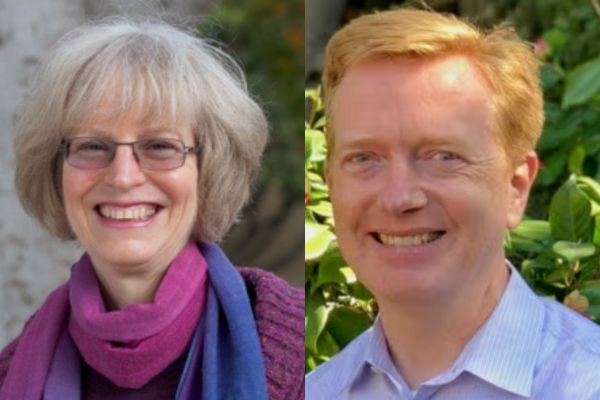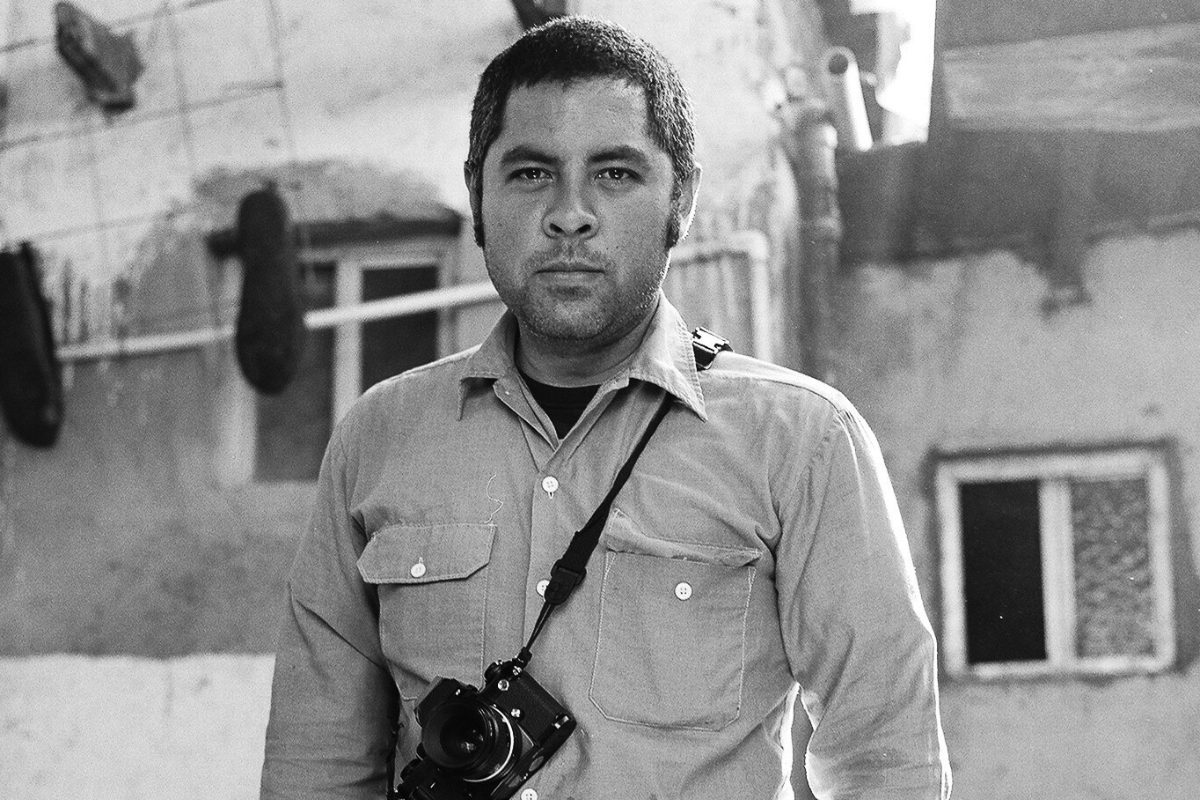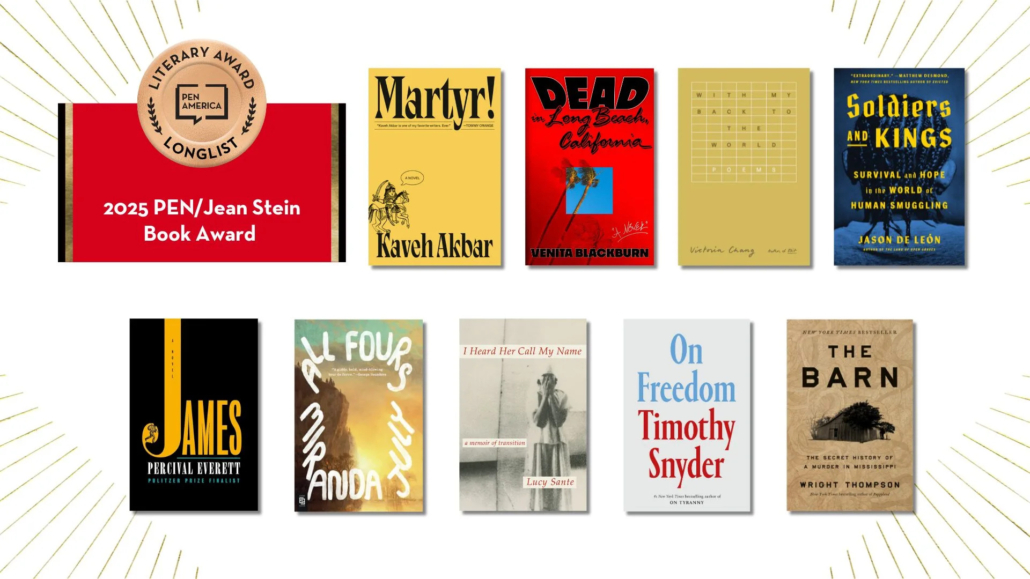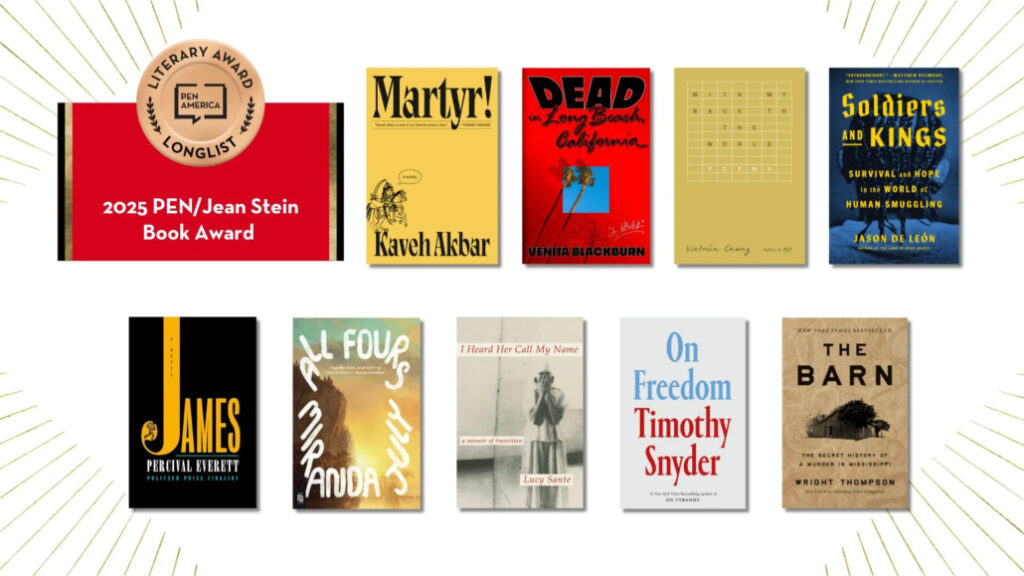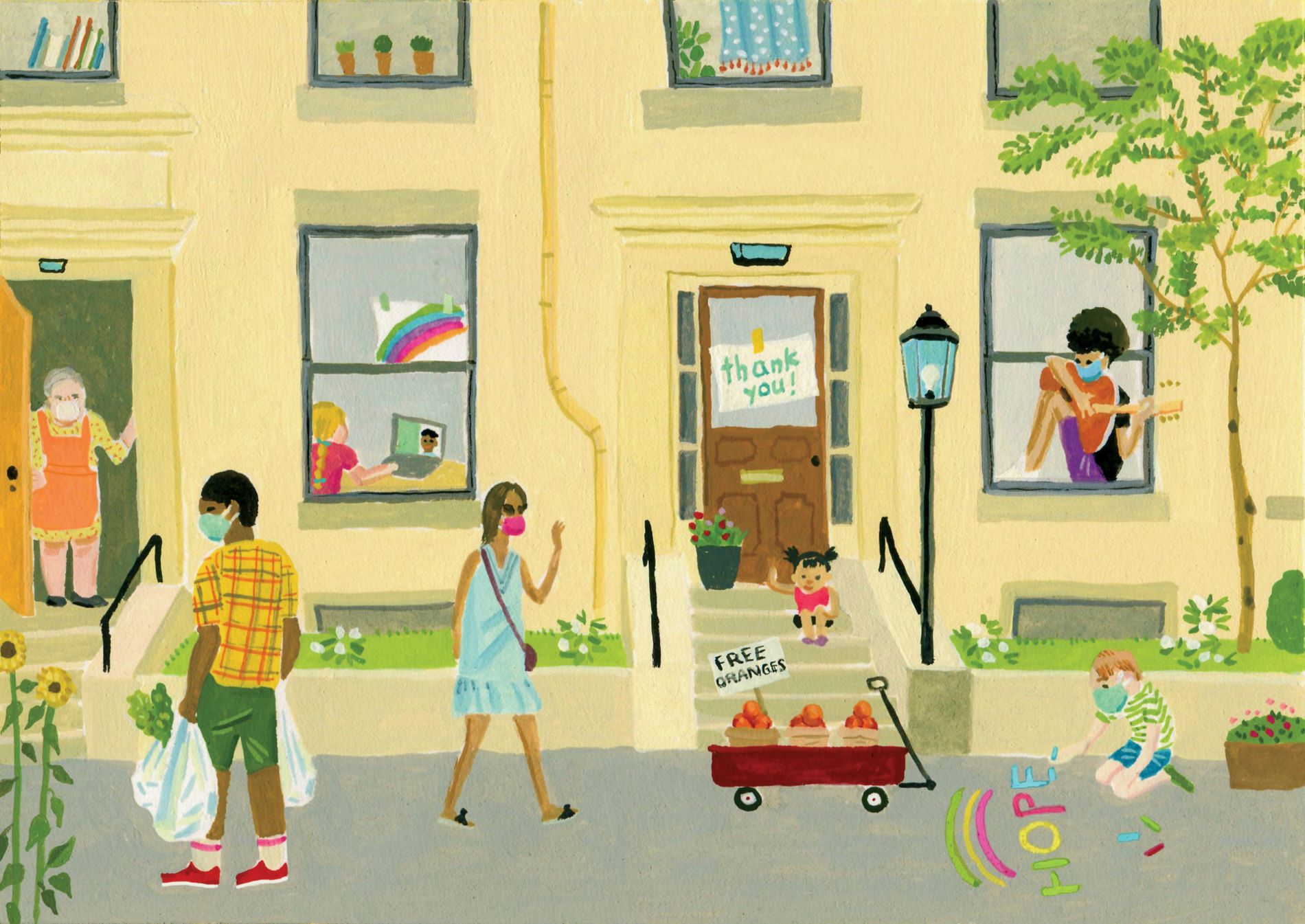With so many people hurting in this turmoil-filled year — be it physically, economically, socially or psychologically — it’s hard to imagine a time when acts of kindness, both large and small, were in greater demand. For anyone resolving to contribute to a more compassionate and just planet, there’s good news: Kindness is contagious.
UCLA anthropology professor Daniel M.T. Fessler has led studies demonstrating that when we witness altruistic acts, the uplifting emotional experience motivates us to follow suit. Idealists are the most strongly affected, with cynics — those who tend to see others as self-interested — harder to move. What’s more, the effect appears to be cumulative. “We have good reason to believe not just that kindness is contagious in the moment,” Fessler says, “but that repeated experiences of kindness or unkindness shape people’s expectations, and those expectations in turn shape their behaviors.”
Fessler is the inaugural director of the UCLA Bedari Kindness Institute, established last fall as an effort to better understand kindness through evolutionary, biological, psychological, economic, cultural and sociological perspectives. In addition to supporting research, the institute aims to translate findings in ways that promote kindness — which it defines as actions intended to benefit another party wherein the benefit is an end in itself, not a means to an end.
If kindness is contagious, fear of a different contagion poses barriers. The era of COVID-19 has placed constraints on physical contact and face-to-face interactions, often dulling the experience of giving and receiving kind acts. We wear masks that hide emotional expressions and veer away from strangers on sidewalks. On the other hand, Fessler points out that at no other time in human history could we communicate with anyone, instantly, and provide benefits so easily without leaving our homes. “Even as there are pragmatic constraints to the emotional experience that’s an important part of kindness, there is enormous opportunity for positive interactions,” he says. “People need to work together, recognizing that our common humanity is important not only in this moment, but in solving major challenges to come.”
Idealists are more likely than cynics to experience the uplifting and contagious effects of kindness.
For those of us contemplating how to help create a kinder world, Fessler offers the following advice:
Acknowledge strangers
Spreading kindness starts with the everyday encounters we have with people we don’t know. “There is research showing that positive small-talk interactions, like the chat you have with the cashier at the grocery store, enhance well-being,” Fessler notes. In the era of COVID-19, making such connections might require a little more effort. Exchanging smiles with the individual crossing your path isn’t possible if you’re both wearing masks, but a wave or a head nod can suffice. When no-contact food delivery was instituted as a safety precaution, the transaction became faceless, but “people can still leave a sign on the door saying, ‘I appreciate your making it possible for me to stay home,’ as a way of breaking down the anonymity,” Fessler says.
Make a connection
At a time when many are feeling socially isolated, among the kindest acts is to reach out to family, friends, neighbors and anyone else who might benefit from some company, even if it’s via phone, text or Zoom. Older adults in particular are at high risk for loneliness, especially during the pandemic. “Recording their experiences in a different kind of world can have inestimable value in the future, and I don’t think I’ve ever met an elderly person who didn’t like to tell stories from the past,” Fessler suggests. “It’s emotionally powerful for both interviewer and interviewee, and the technology affords it like never before.”
Watch your media consumption
The finding that idealists are more likely than cynics to experience the uplifting and contagious effects of kindness has led Fessler to examine the effects of media consumption in shaping our perceptions of those around us. “We know, for example, that people who consume a lot of local news overestimate the probability of being victimized by violence,” he says. “If you’re constantly hearing messages that people are bad, it’s probably going to affect not only your mental well-being and physical health, but also how you view other people.” In addition to curating a media diet that’s less focused on the darker aspects of human behavior, choosing to surround ourselves with kind people will likely increase our own kindness quotient.
Play to your strengths
With unlimited possibilities for kindness, determining how to act often involves thinking about people’s practical needs and matching them up with your own interests and talents. “Volunteering to deliver groceries to people who can’t get out because they’re at greater risk of the virus — that’s a beautiful thing,” Fessler says. Other pandemic-era examples: sewing masks for neighbors or offering virtual tutoring sessions for children whose parents are struggling to meet work/family obligations. “People need to look at their skill sets,” Fessler says. “Some are naturally garrulous, while others are not as comfortable interacting with people, but they’re good musicians and can entertain neighbors or people online playing guitar.” Of course, kindness can extend far beyond our immediate community. “One thing made clear by this pandemic is that everyone on the planet is connected,” Fessler asserts. “People can think creatively about ways to provide benefits to those they would otherwise never interact with.”
Start small
The universe of kind acts is infinite, and organizations such as the Random Acts of Kindness Foundation have aggregated the possibilities. “Everyone needs to assess their own situation in terms of their health, obligations to other people, financial resources and so on, and decide what they’re able to do,” Fessler says. “If you can give money, obviously there are many causes that can benefit enormously. But if you’re not in a position to do that, maybe you have oranges or avocados from your yard that you can bring to a food pantry.” And those who are motivated to find new ways to practice kindness should feel free to start small. Fessler’s expectation is that the satisfaction we derive from making even small gestures will prompt us to increase our investments in altruistic actions. “The vast majority of people who try to do things that benefit others will find those things rewarding,” Fessler says. “That’s how we’re wired.”
Remember, it’s the thought that counts
Fessler is quick to point out that actions don’t have to be great to be kind. Is that fruit from your backyard bruised? It’s still a kind act to share it. You’re just a so-so musician? Your friends or neighbors might still enjoy listening to you perform. The bottom line, Fessler explains, is that kindness is defined in terms of the intended actions, not the results. “We are very attuned to discerning the genuineness of others’ actions,” he says. “If we see that someone’s emotions suggest they are genuinely motivated simply to help others, we admire them and are motivated to be kind ourselves. Not every well-intentioned action will succeed, but only some of them have to in order to make the world a better place.”
This article originally appeared in the UCLA Newsroom.
